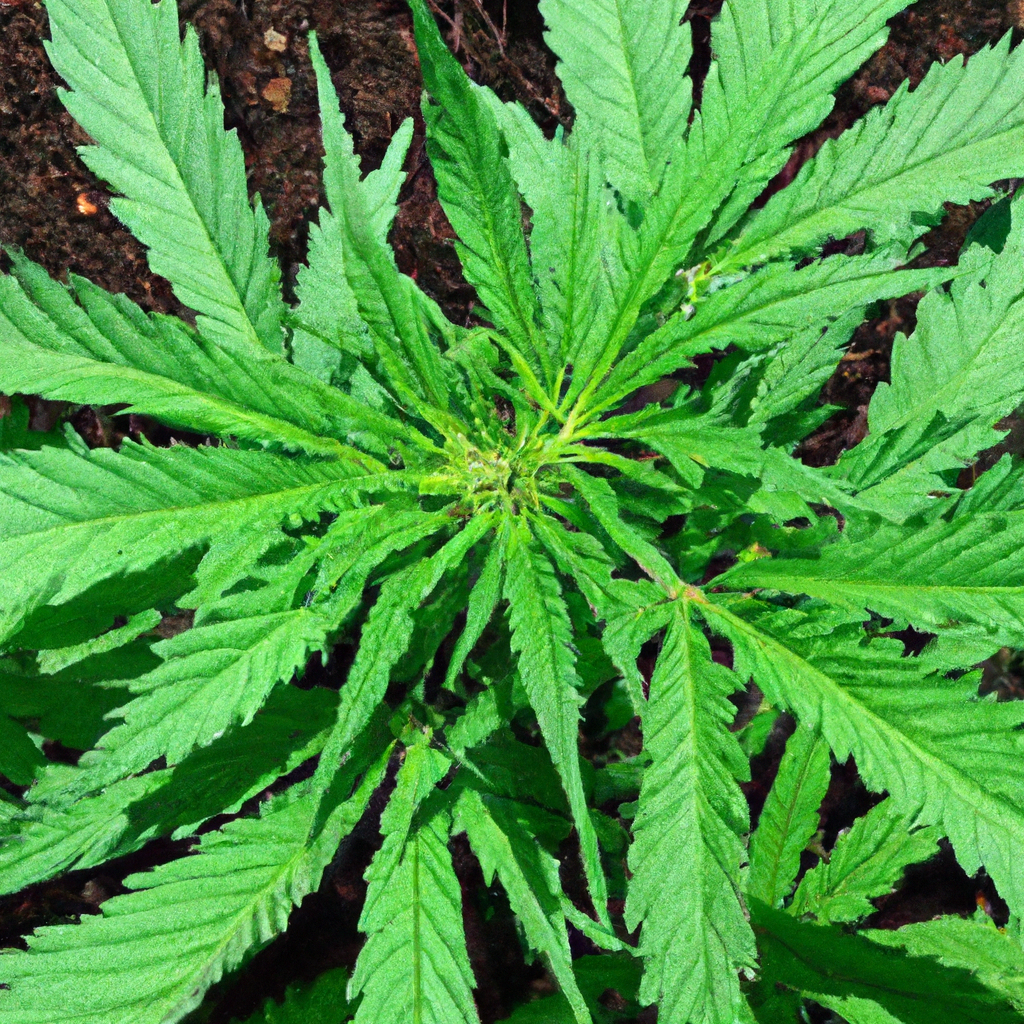Your cart is currently empty!
In the burgeoning world of cannabis cultivation, organic growing techniques have become revered for their holistic approach and environmental consciousness. This article delves into the best practices for using organic fertilizers, focusing on natural soil health, pest management, and sustainability in cannabis operations.
Benefits of Organic Fertilizers
Organic fertilizers are fundamental to sustainable cannabis growth, offering numerous benefits. By naturally enriching soil and promoting a balanced ecosystem, these fertilizers enhance flavor profiles and potency without the harmful impact of synthetic chemicals.
- Eco-friendly Growth: Organic fertilizers reduce the carbon footprint of cannabis cultivation, supporting biodiversity.
- Enhanced Soil Health: These fertilizers improve soil structure, increase microbial activity, and enhance nutrient availability.
- Better Yield Quality: Cannabis grown organically often boasts superior terpene profiles and cannabinoid concentrations.
Building a Healthy Soil Ecosystem
Healthy soil serves as the foundation for productive cannabis plants. Below are some practices to cultivate a robust soil ecosystem:
- Composting: Utilize kitchen and garden waste to create a nutrient-rich compost that can be mixed into soil.
- Adding Organic Matter: Incorporate organic matter such as peat moss and coconut coir to retain moisture and improve aeration.
- Using Mulch: Mulch conserves moisture, suppresses weeds, and gradually adds nutrients back into the soil.
Natural Pest Control
Integrated pest management (IPM) is critical for organic cultivation, using beneficial insects and plants to ward off pests naturally. Here’s how:
- Beneficial Insects: Introduce ladybugs and predatory mites that feed on aphids and other harmful insects.
- Companion Planting: Planting herbs like basil and marigold near cannabis can repel pests and attract beneficial insects.
- Neem Oil: Use neem oil sprays as a natural deterrent against a broad spectrum of pests.
Promoting Sustainability
Sustainability in cannabis cultivation goes beyond organic fertilizers. Implementing water conservation techniques, minimizing waste, and utilizing renewable energy sources are integral.
- Water Conservation: Implement drip irrigation systems to reduce water usage and improve plant absorption.
- Waste Reduction: Recycle plant waste and packaging materials to prevent landfill overflow.
- Renewable Energy: Use solar or wind energy to power grow operations, reducing dependency on fossil fuels.
Conclusion
Organic cannabis cultivation not only benefits the environment but also enhances the overall quality of the product. By adopting practices such as natural fertilization, soil enrichment, and sustainable operations, growers can contribute to a healthier planet while producing superior cannabis. As awareness and demand for eco-friendly cannabis rise, these methods will play a pivotal role in shaping the future of cannabis cultivation.
Tags: Organic Growing, Sustainability, Natural Fertilizers, Integrated Pest Management, Ecosystem Building


Leave a Reply